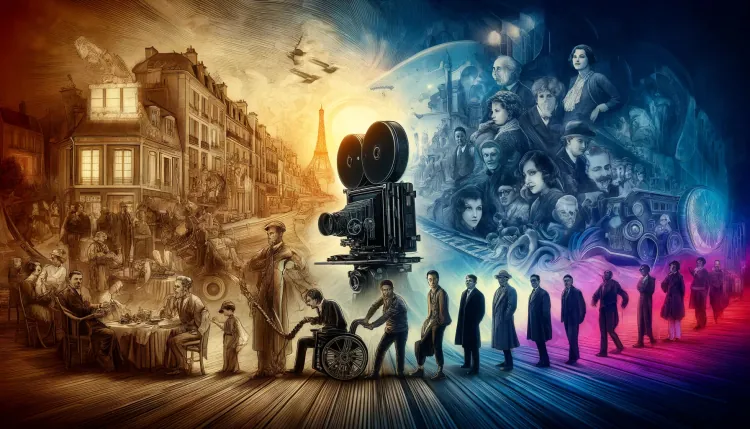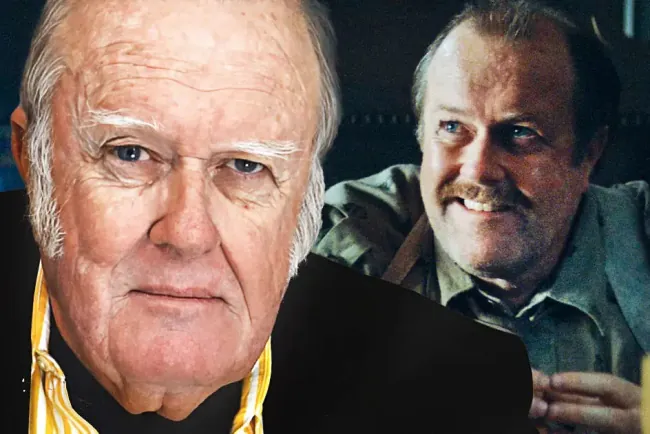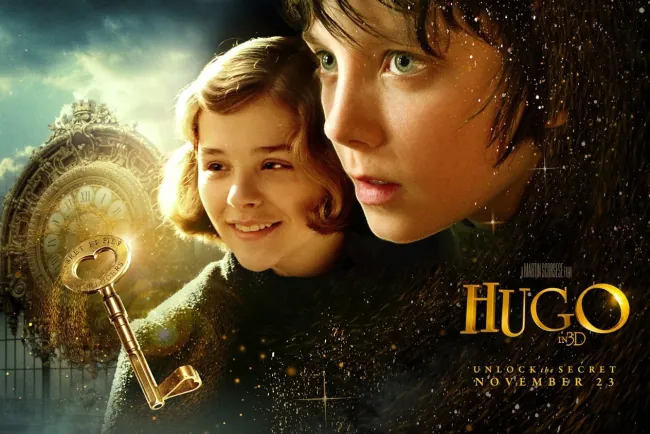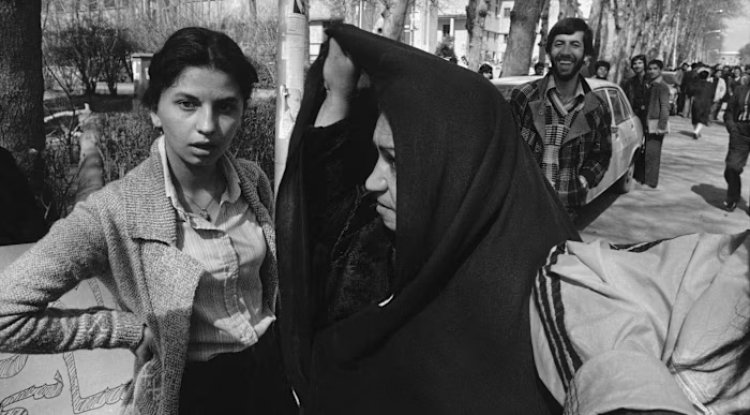The Evolution of French Cinema: A Journey Through Film History
The rich history of French cinema from the pioneering days of the Lumière brothers to the innovative French New Wave, and the contemporary scene. Explore key films and directors that shaped French cinema

The Evolution of French Cinema: A Rich Tapestry of Artistic Innovation
French cinema, recognized globally for its pioneering spirit and aesthetic finesse, offers a fascinating journey through film history. From its inception in the late 19th century to its current status as a cornerstone of world cinema, French film has continually evolved, embracing and influencing global cinematic trends.
The Birth of Cinema
The story of French cinema begins with the Lumière brothers, Auguste and Louis, who are credited with the invention of the cinematograph, a device combining a camera with a projector and printer. In 1895, they held the first public movie screening of ten short films in Paris. This monumental event marked the birth of cinema as a commercial medium.
The Avant-Garde Movement
During the 1920s, French cinema became synonymous with the avant-garde movement. Filmmakers like Abel Gance, Jean Epstein, and Germaine Dulac pushed the boundaries of film as an art form. The period is perhaps best epitomized by Gance’s epic silent film "Napoléon" (1927), known for its technical innovation and narrative depth.
Poetic Realism and the 1930s
The 1930s saw the emergence of "poetic realism," a cinematic style that combined gritty realism with a poetic and sometimes melancholic ambiance. Filmmakers such as Jean Renoir, Marcel Carné, and Jacques Feyder crafted films that reflected the social realities and existential nuances of the time, with classics like "The Grand Illusion" (1937) and "The Rules of the Game" (1939) by Renoir capturing the human condition with profound empathy and insight.
The French New Wave
The late 1950s and 1960s heralded the most influential movement in French cinema: the French New Wave (Nouvelle Vague). Directors like François Truffaut, Jean-Luc Godard, and Éric Rohmer rejected traditional filmmaking conventions and embraced a more liberated style of film-making. Films such as Godard’s "Breathless" (1960) and Truffaut’s "The 400 Blows" (1959) showcased naturalistic acting, on-location shooting, and the use of jump cuts, revolutionizing narrative techniques and aesthetics in cinema.
Contemporary French Cinema
In recent decades, French cinema has continued to produce works that resonate both in France and abroad. Directors such as Luc Besson, Jean-Pierre Jeunet, and Agnès Varda have contributed to a diverse landscape, blending commercial appeal with artistic depth. Films like Jeunet’s "Amélie" (2001) have achieved international success, showcasing the enduring charm and creativity of French film.
Legacy and Global Influence
French cinema’s global influence remains significant. It is not only a key player in international festivals but also a vibrant part of France's cultural diplomacy. French directors, actors, and films are frequent contenders and winners at major international awards, underscoring the continued relevance and vitality of French cinema.
The history of French cinema is not merely a chronological record of artistic development but a mirror reflecting broader societal changes. From the pioneering days of the Lumière brothers to the innovative disruptions of the Nouvelle Vague, and onto the global successes of contemporary cinema, French films have consistently managed to reinvent and assert themselves on the world stage, proving that the spirit of innovation that birthed this national cinema continues to thrive.
What's Your Reaction?





















